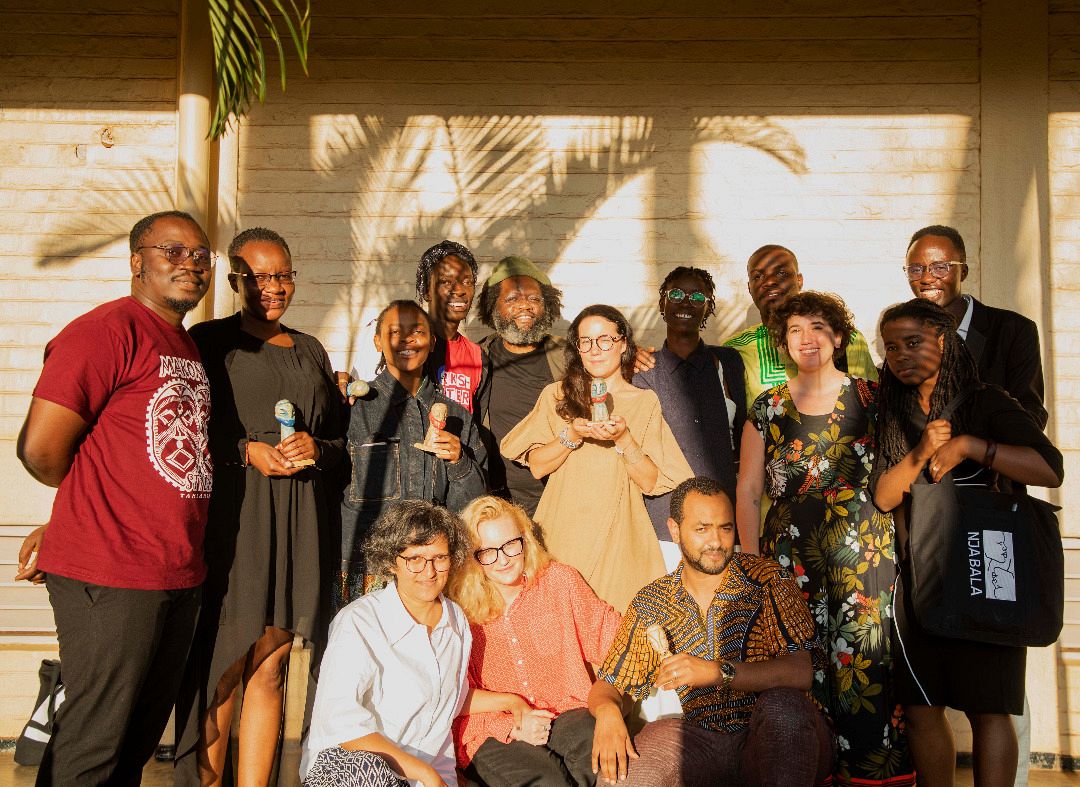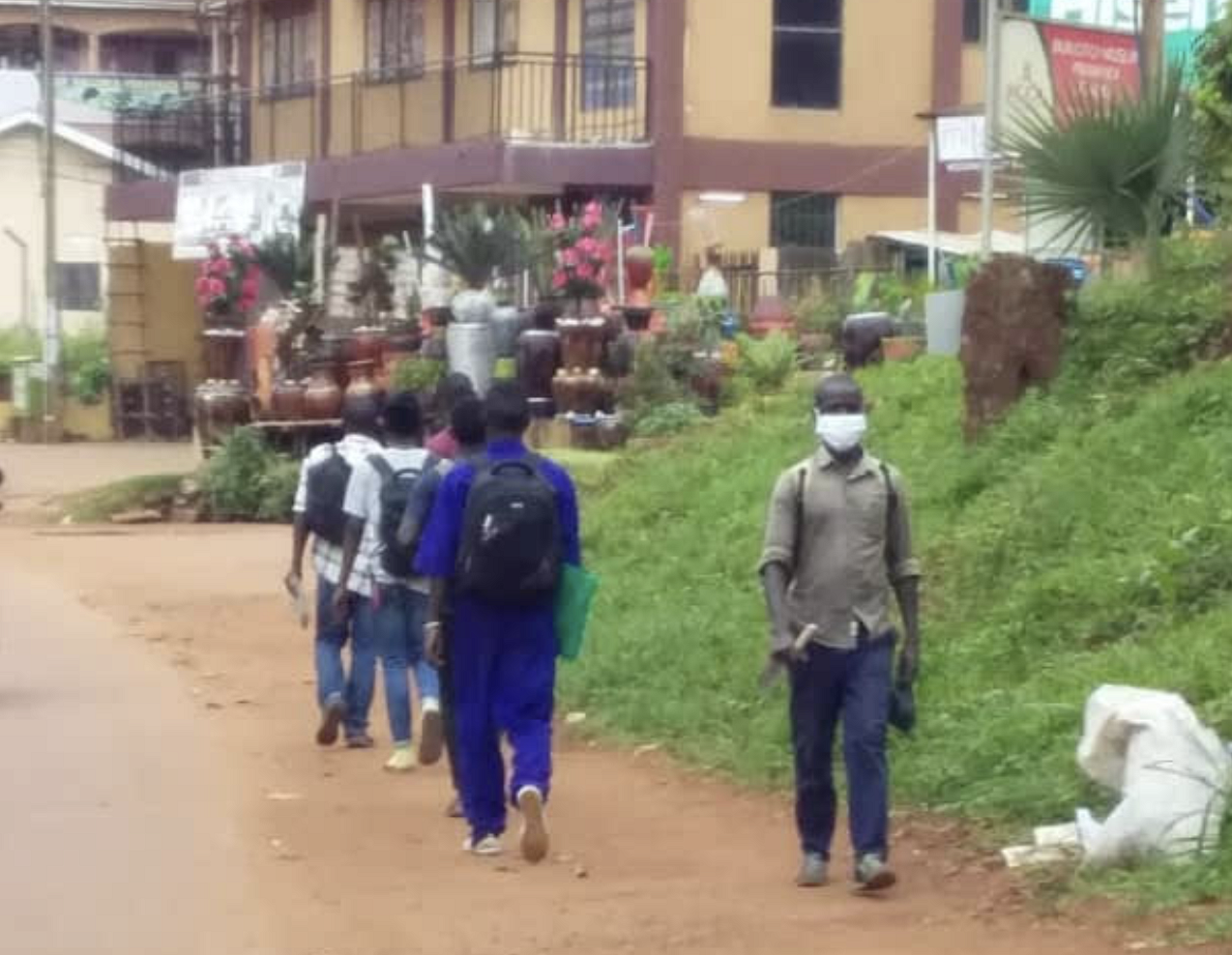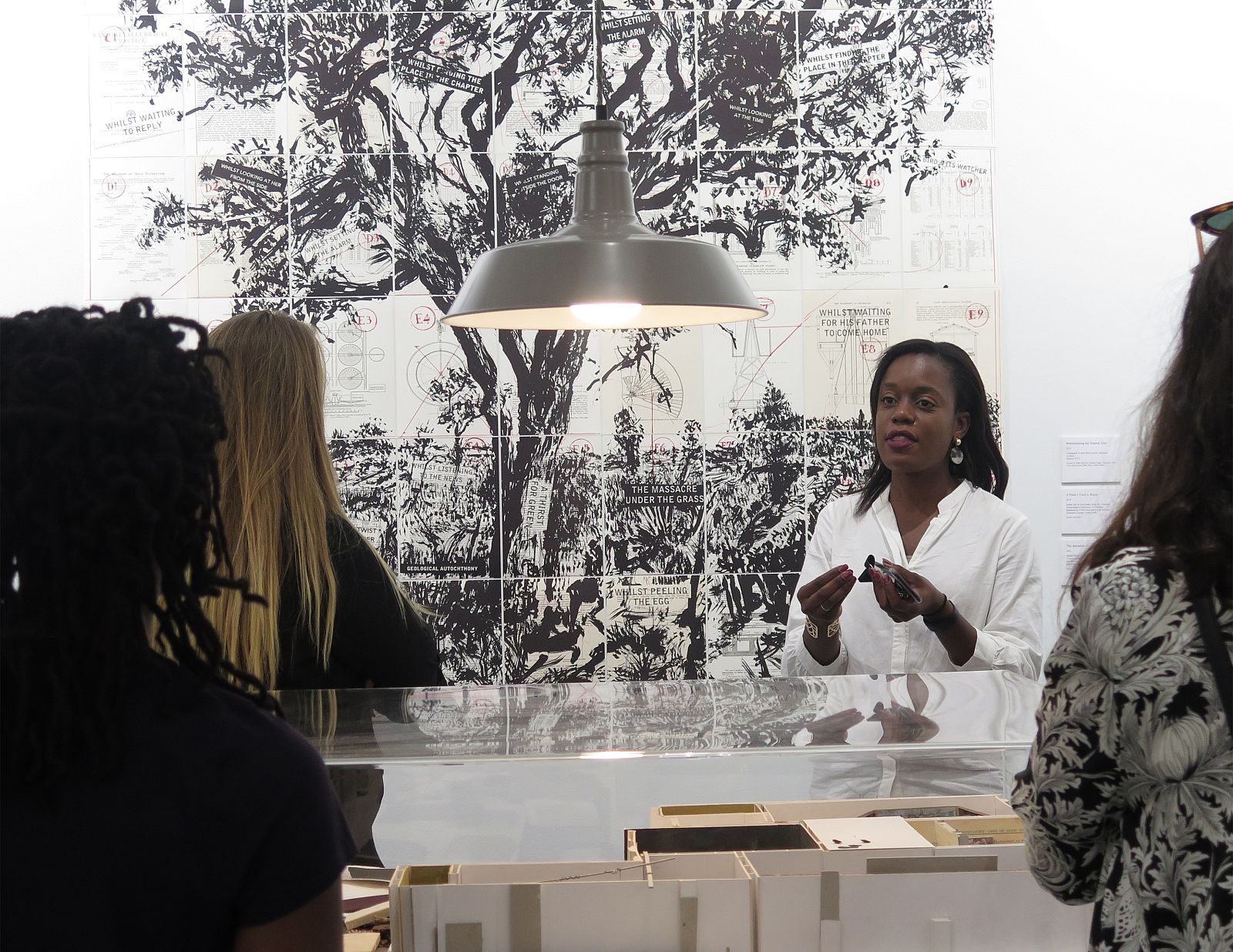Curator Trevor Mukholi developed this proposal during the 2022 Curatorial Intensive in Kampala and in collaboration with artist Pamela Enyonu.
Okot P Bitek’s work Song of Lawino is an epic that tells in songs the stories of Lawino and Ocol, a husband and wife. In these songs, Ocol accuses Lawino of remaining backward and refusing to be modern; Lawino accuses Ocol of fully assimilating and succumbing to modernity, which has killed the spirit of their culture in him. She also blames another character, Clementine, for taking her husband and for luring him from his people.
Clementine and Lawino are tools of critique for Okot: they exist purely for juxtaposition and he employs them to question cultural progress brought about by empire and capital. Okot, however, fails to deal with one looming concern: the culture he is bolstering through his critique has no room for feminist agency. Clementine is caricatured as loose and without any traditional mores, but she enjoys a freedom Lawino can only dream about. As Lawino tries to recenter her life around a patriarchy that excludes her in all aspects of her life, Clementine in some ways reclaims her agency through the opportunity presented by assimilation as a cultural innovation.
Clementine's song is not heard, and this is the intervention: to revisit the caricature of Clementine and assess how her changing presents an opportunity to innovate feminist agency in the tradition of Song of Lawino and reclaim for both women a place in cultural lore that uncentres them from an entrenched patriarchal construct.
Working with a community based in the region from which this epic originates, Song of Clementine explores these ideas through the concept of critical consciousness as developed by Paul Freire. Critical consciousness focuses on achieving an in-depth understanding of the world, allowing for the perception of and exposure to social and political contradictions. Critical consciousness also includes taking action against the oppressive elements in one's life that are illuminated by that understanding.
As part of the project, Ugandan artist Pamela Enyonu will respond to the epic and create an intervention that will be exhibited in the community. This exhibition continues a series of experiments with temporary exhibition spaces constructed in communities where arts infrastructures are nonexistent, creating new models to increase arts accessibility across Uganda.






